Every year on December 5th each year, on World Soil Day the world comes together to celebrate the occasion. This special day is dedicated to raising awareness about the importance of healthy soil and promoting sustainable soil management practices.
Why is Soil Important?
Soil might seem like just dirt, but it’s actually a complex living ecosystem that plays a crucial role in our lives. Here’s why:
Soil is far more than just the ground beneath our feet. It is a living, breathing ecosystem that supports nearly 95% of all food production worldwide. Each handful of healthy soil contains billions of microorganisms that work tirelessly to maintain the delicate balance of our planet’s environmental health. These microscopic heroes break down organic matter, cycle nutrients, and support plant growth, making them fundamental to life on Earth. Here are a few key factor why soil matters.
- Food Production: Soil is the foundation of agriculture. It provides essential nutrients to plants, helping us grow the food we eat.
- Water Filtration: Soil acts like a natural filter, cleaning water as it seeps through the ground.
- Carbon Storage: Healthy soil can store large amounts of carbon, helping to mitigate climate change.
- Biodiversity: Soil is home to a vast array of microorganisms, insects, and other organisms that contribute to a healthy ecosystem.
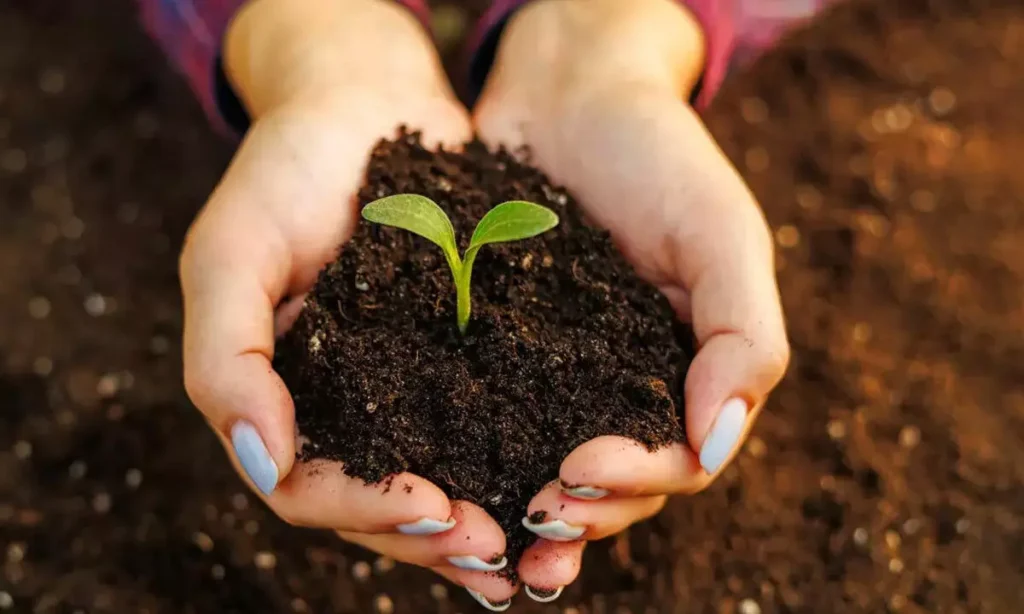
The Global Soil Crisis
Our planet is facing an unprecedented soil health crisis. Approximately 33% of the world’s soils are moderately to highly degraded due to erosion, chemical pollution, overgrazing, and unsustainable agricultural practices. This degradation threatens food production, biodiversity, and the planet’s ability to mitigate climate change.
Climate change exacerbates soil degradation through:
- Increased soil erosion
- Altered precipitation patterns
- More frequent and intense extreme weather events
- Reduced soil organic matter
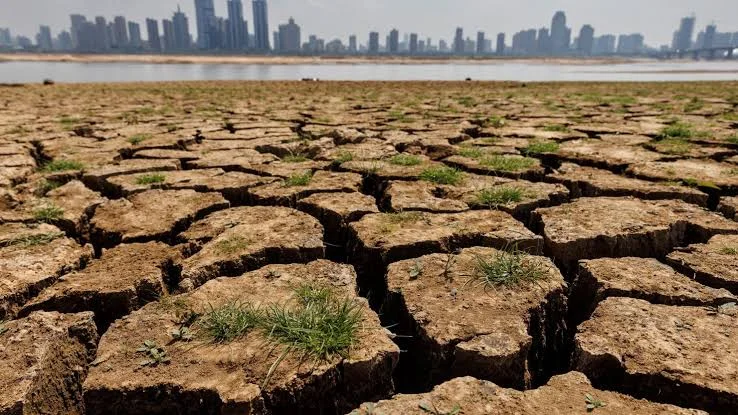
The History of World Soil Day
The origins of World Soil Day can be traced back to 2002 when the International Union of Soil Sciences (IUSS) first proposed the concept. However, it wasn’t until December 20, 2013, that the United Nations General Assembly officially designated December 5th as World Soil Day. The date was strategically chosen to commemorate the birthday of His Majesty King Bhumibol Adulyadej of Thailand, who was a significant advocate for soil conservation and sustainable land development. The Kingdom of Thailand, through the Food and Agriculture Organization (FAO), played a pivotal role in championing this global observance. Since its official recognition, World Soil Day has become a powerful platform for raising awareness about the importance of healthy soil, highlighting the critical role of soil in food security, ecosystem sustainability, and climate change mitigation.
Significance of World Soil Day
World Soil Day holds profound significance in addressing global environmental challenges. It serves as a critical platform for raising awareness about the often-overlooked foundation of our ecosystems – soil. This annual observance brings together scientists, policymakers, agricultural experts, environmentalists, and citizens to discuss and implement strategies for soil conservation and sustainable land management. By highlighting the direct connection between soil health and critical global issues like food security, climate change, water quality, and biodiversity, the day encourages collective action and innovative solutions. It provides an opportunity to educate the public about the intricate relationship between soil, human well-being, and environmental sustainability. Moreover, World Soil Day amplifies the voices of researchers and environmental advocates who are working tirelessly to develop regenerative agricultural practices and protect this invaluable natural resource for future generations.
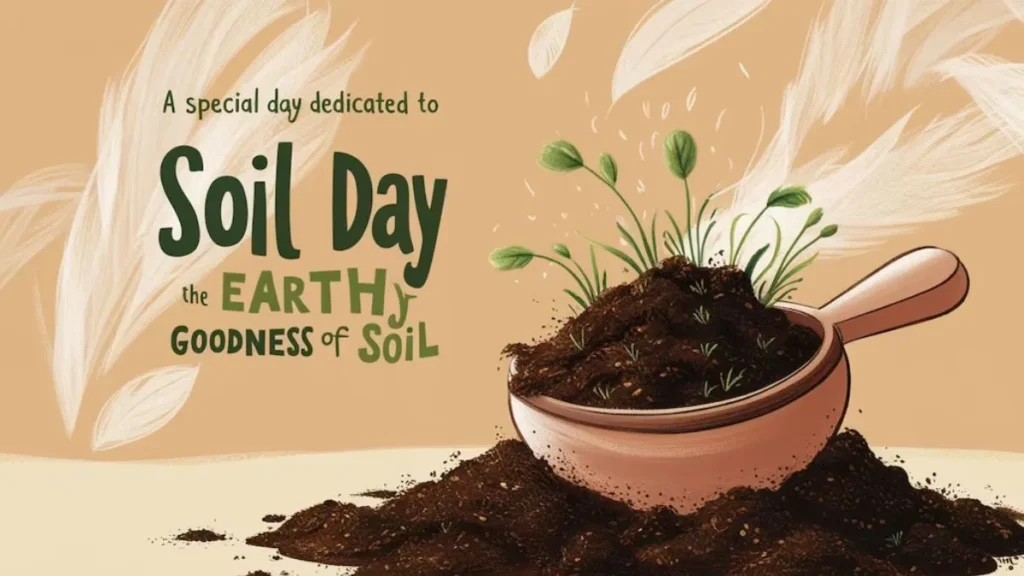
The Theme for World Soil Day 2024: “Caring for Soils: Measure, Monitor, Manage
This year’s theme for World Soil Day 2024 emphasizes the importance of understanding and taking care of our soil. The precise soil data and information will help comprehend soil properties and facilitate well-informed choices for sustainable soil management for food security. To do this, we need to:
- Measure: Assess the health of our soil by testing its properties, such as nutrient content, pH level, and organic matter.
- Monitor: Keep track of changes in soil quality over time to identify potential problems and take corrective action.
- Manage: Implement sustainable practices that protect and improve soil health, such as crop rotation, cover cropping, and reduced tillage.
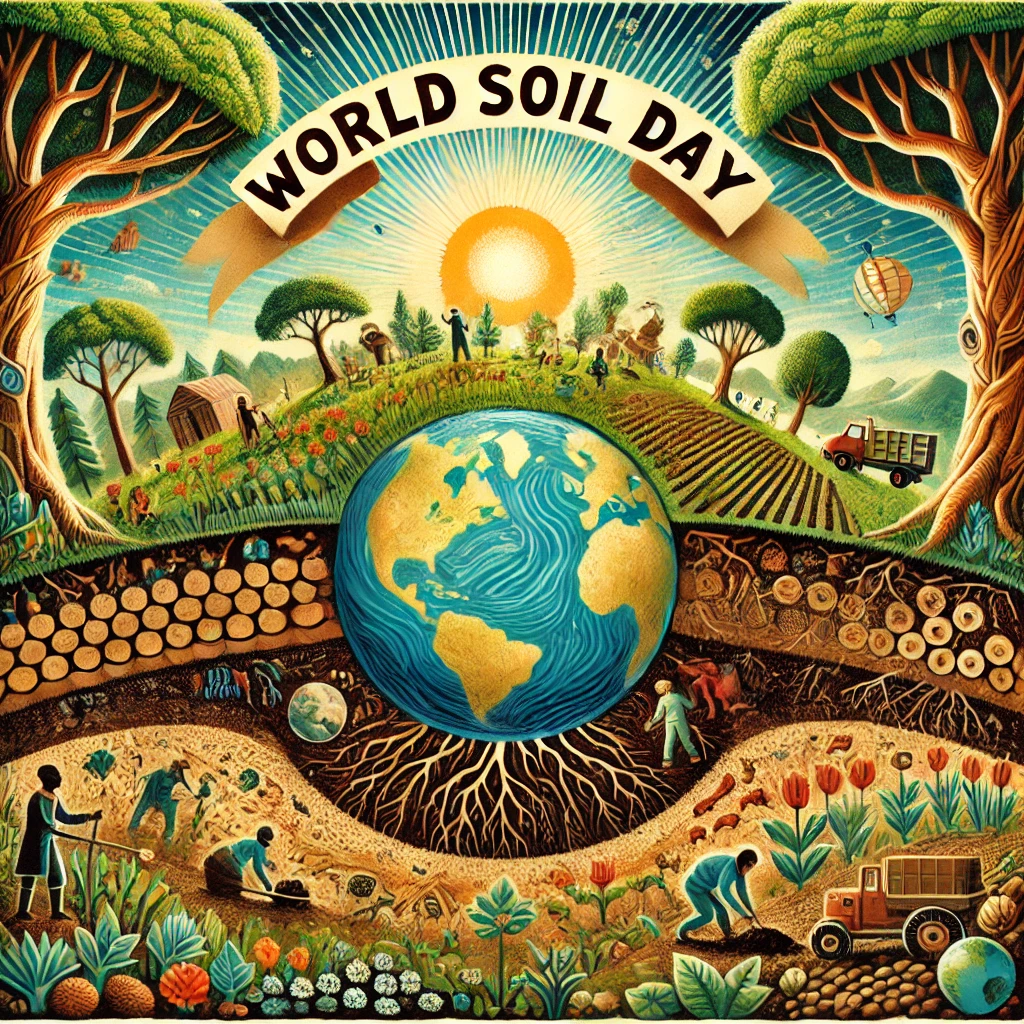
How Can You Help?
You don’t have to be a farmer or an environmentalist to contribute to soil health or celebrate World Soil Day 2024. Here are some simple things you can do:
- Reduce Soil Erosion: Plant trees and shrubs, avoid over-tilling, and use cover crops to protect soil from erosion.
- Compost: Add organic matter to your garden soil to improve its fertility and structure.
- Reduce Chemical Use: Minimize the use of pesticides and fertilizers, as they can harm soil microorganisms and pollute water sources.
- Support Sustainable Agriculture: Choose to buy products from farmers who use sustainable practices.
- Educate Others: Spread the word about the importance of soil health and encourage others to take action.
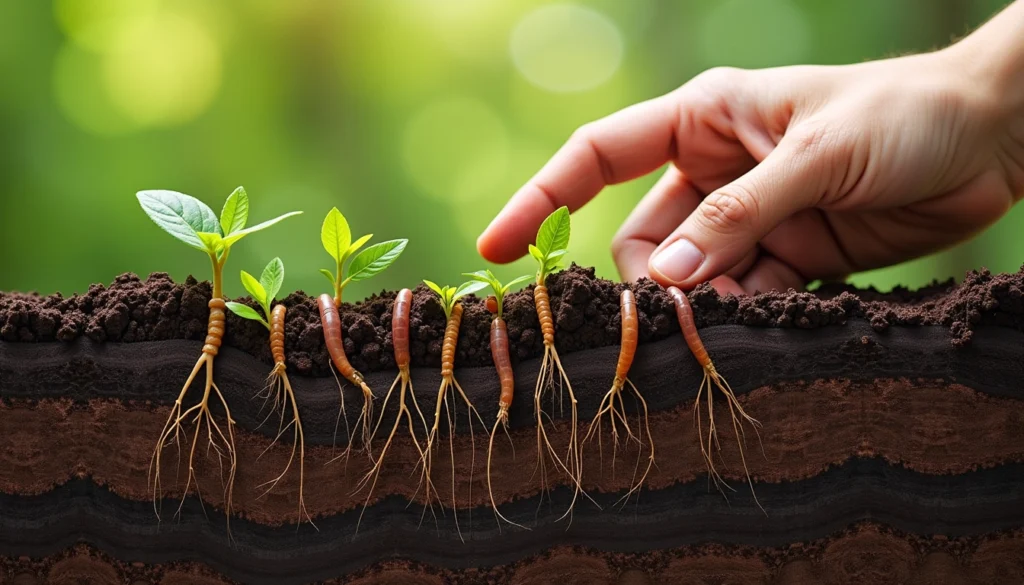
Conclusion
World Soil Day 2024 is a reminder of the vital role that soil plays and how our planet’s survival depends on the precious link with soil. It calls on governments, organizations, communities, and individuals to recognize soil as a critical resource that requires immediate and sustained attention. By understanding and protecting our soils, we invest in the health of our planet, food security, and the well-being of future generations. Every small action counts in the journey towards sustainable soil management.
Remember: Healthy Soil, Healthy Life!













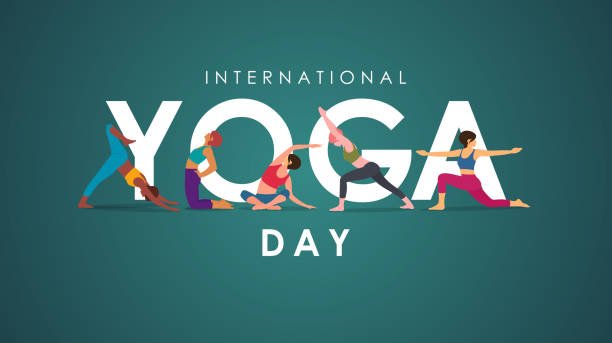


YouJizz You’re terrific! I don’t believe I’ve encountered anything similar before. It’s great to find someone with unique thoughts on this subject. Thank you for creating this. The internet needs more sites like this one – original and fresh!
Your point of view caught my eye and was very interesting. Thanks. I have a question for you.